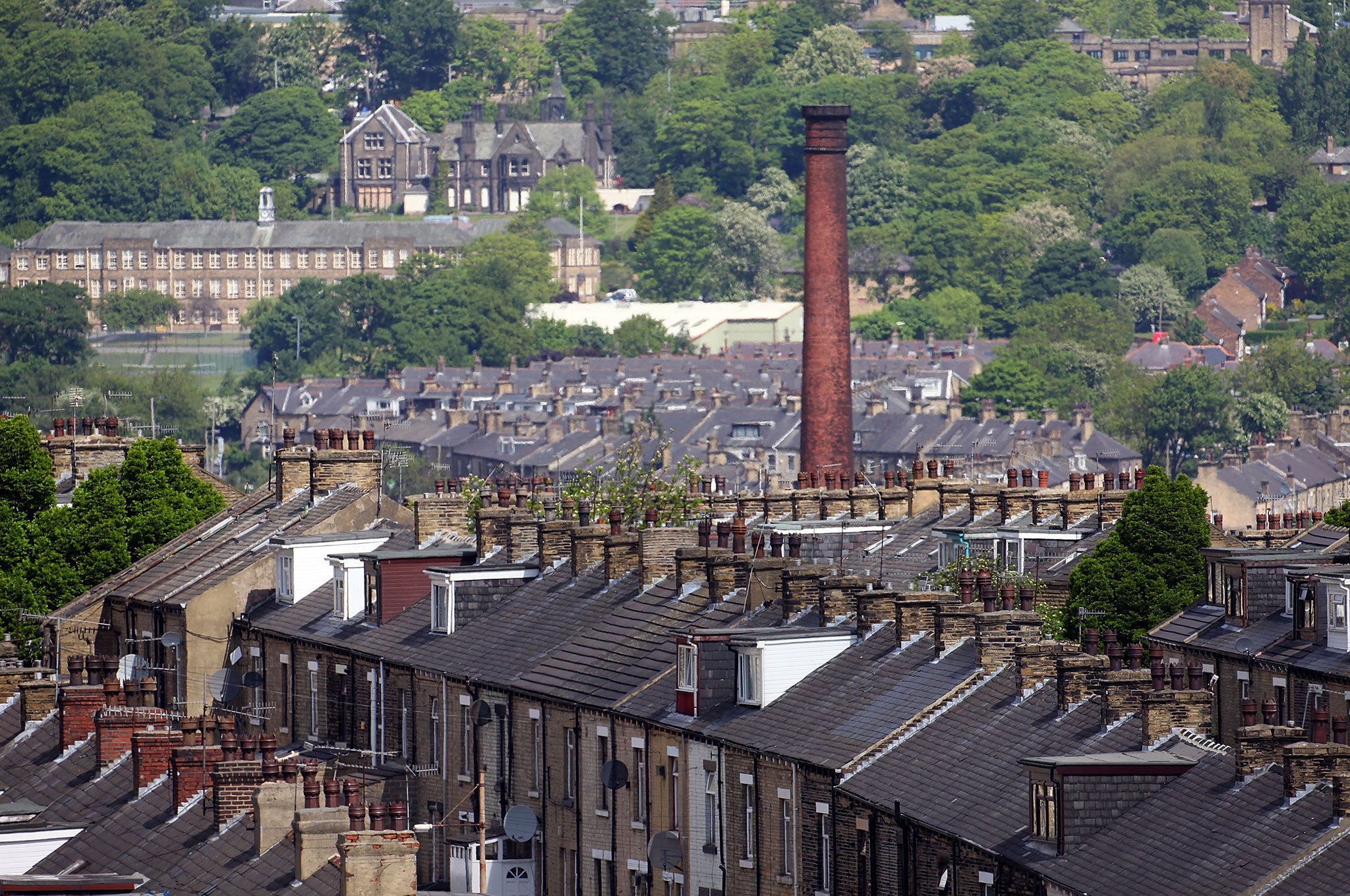Bradford schools failing generations 'with depressing regularity', says Sir Michael Wilshaw
'What on earth have the political leaders been doing over the years in this major city?'

A northern city has been singled out for allowing its schools to be “mired in mediocrity” and “failing generation after generation with depressing regularity”.
The picture was similar in “too many areas of the North,” chief schools inspector Sir Michael Wilshaw said as he launched the annual report of education standards watchdog Ofsted.
He named and shamed the 16 areas of the country where at least four out of ten secondary school pupils were unable to attend a good school. In one of them, Knowsley, near Liverpool, not a single school had been rated as “good” or “outstanding” by inspectors.
However, Sir Michael targeted his most scathing criticism on Bradford - calling for a commission of enquiry to be set up to investigate standards in its schools.
More than 8,000 of the city’s children were being taught in inadequate schools, he said, adding: “What on earth have the political leaders been doing over the years in this major city?”
The picture, though, was similar in other parts of the north, Sir Michael, head of Ofsted, argued. Thirteen of the 16 low performing areas were in the north or Midlands: Middlesbrough, Hartlepool, Blackpool, Oldham, Doncaster, Bradford, Barnsley, Stoke-on-Trent, Derbyshire, Liverpool, Knowsley, St Helens and Salford. The other three are the Isle of Wight, Swindon and South Gloucestershire.
Sir Michael also accused some secondary school headteachers of allowing “a culture that not only has low expectations of pupils but also tolerates poor behaviour and low-level disruption”.
He also quoted one Midlands politician as saying to him there was “a sea of mediocrity in our secondary schools - I can’t find a decent secondary school for my child anywhere near where I live”.
Sir Michael acknowledged there had been “significant improvements” over the last few years with around 1.4 million more children taught in “good” or “outstanding” schools.
However, he said it was “alarming” that so much of the improvement was down to primary schools and driven by the South of England.
“If you draw a line roughly from the Wash to the Bristol Channel, 79 per cent of the secondaries below will be good or outstanding compared with 68 per cent of those above it,” he added.
Education Secretary Nicky Morgan said that “the landscape of English education has been transformed over the past five years through raising both standards and expectation”.
However, she added: “We believe more needs to be done to deliver educational excellence everywhere and tackle pockets of underperformance so that we can extend opportunity to every single child.”
Susan Hinchcliffe, Bradford’s education leader, said: We have a no excuses culture about education in Bradford and we accept that historically improvements have not been made as quickly as they should have been.”
The authority was implementing a plan of action approved by Ofsted “so it’s hard to see what else a Commissioner would do”, she added.
Subscribe to Independent Premium to bookmark this article
Want to bookmark your favourite articles and stories to read or reference later? Start your Independent Premium subscription today.

Join our commenting forum
Join thought-provoking conversations, follow other Independent readers and see their replies